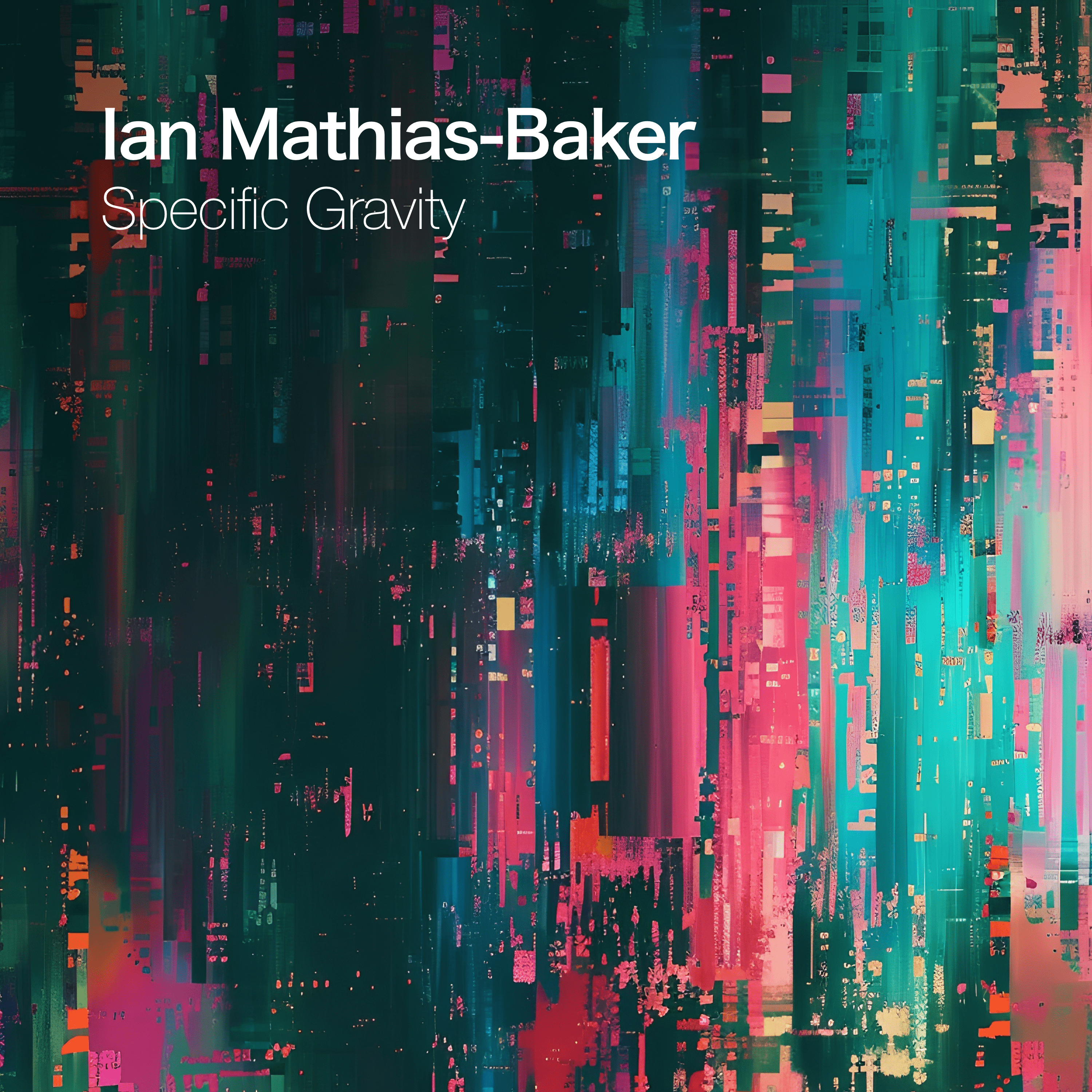"Specific Gravity" primarily utilizes the textures of a classical orchestra augmented by electronic elements, resulting in a rich and complex sound. The opening track sets the tone with an orchestral arrangement reminiscent of Mahler, infused with moments of early 20th-century modernism. The meticulous use of strings, woodwinds, brass, and electronic enhancements, creates a deeply melancholic atmosphere that permeates the entire album.The instrumentation is intricate and varied. The poetic settings, particularly Bukowski's "Man Mowing the Lawn Across the Way from Me," are minimalist and ambient, featuring an acoustic piano run through delay lines and tremolando distorted electric guitars that mirror the poem's existential menace.
The album's two poetic settings, Bukowski's "Man Mowing the Lawn Across the Way from Me" and Eliot's "The Hollow Men," contribute significantly to its thematic depth. Bukowski's piece, abridged and stripped of context, becomes a dark meditation on the limitations of human existence, with the imagery of girls sharpening their knives taking on a foreboding existential significance. The soundscape here is stark and ambient, emphasizing the poem's bleak outlook.Eliot's "The Hollow Men" is set against a dizzying orchestral backdrop, reflecting the poem's bleak and portentous nature. The tension within the orchestration finds a disturbing release in a kitsch pop groove punctuated by random electronica, perhaps symbolizing the encroachment of mechanization on human thought. The final lines, "This is the way the world ends - not with a bang but a whimper," are delivered over this unsettling mix, leaving a lasting impression of doom.
Mathias-Baker's resistance to being pigeonholed is evident in "Specific Gravity." The album's title, referring to the density of one material relative to another, also hints at the seriousness of the climate crisis, suggesting profound grief for an unspoken tragedy. The classical influences and electronic elements blend seamlessly to create an unrelentingly melancholic yet richly expressive mood.The four 'Mythic Texts' that frame the album suggest a tragedy of mythic or archetypal proportions, while the title implies a specific, tangible grief. This is further elucidated in an essay released alongside the album, which delves into the personal and collective themes of loss and grief explored in the music.
"Specific Gravity" is a deeply immersive experience that resonates on multiple levels. Its exploration of loss, grief, and existential dread is profoundly moving and thought-provoking. The album's dark, cinematic quality has drawn comparisons to the work of David Lynch, reflecting its ability to evoke strong emotional states and stimulate deep reflection.Listeners will be drawn into the album's intricate soundscapes and powerful thematic content. The blend of classical and electronic music creates a unique and compelling listening experience that challenges conventional genre boundaries and invites introspection.
"Specific Gravity" by Ian Mathias-Baker is a masterful blend of classical and electronic music that explores profound themes of loss and grief. The album's intricate orchestration, haunting poetic settings, and rich thematic content make it a significant addition to contemporary music. Mathias-Baker's refusal to be categorized into a single genre and his commitment to artistic freedom shine through in this deeply moving and thought-provoking work.
